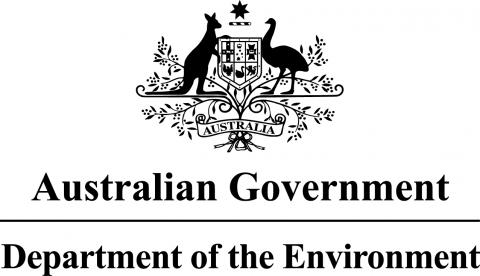Tropical Ecosystems Hub Conference 2014
Tropical Ecosystems Hub Conference 2014
After three years of applied public good research to guide and assist policy, management and decision-making in the tropical ecosystems of northeastern Australia, Hub participants will meet in Cairns in November to present their work to a diverse audience.
The Hub addresses issues of concern for the management, conservation and sustainable use of the World Heritage listed Great Barrier Reef and its catchments, tropical rainforests including the Wet Tropics World Heritage Area, and the terrestrial and marine assets underpinning resilient communities in the Torres Strait, through the generation and transfer of world-class research and shared knowledge. The Hub has over 240 researchers undertaking 38 projects across northern Queensland and the Torres Strait.
The total Hub investment is $61.9m, including $28.5m from National Environmental Research Program and a further institutional co-investment of $33.4m.
The key feature of the NERP research in the Tropical Ecosystems Hub is the integration of identified research users into the research projects to maximise the relevance of the research and the application of new knowledge.
Research users identified by the Tropical Ecosystems Hub include the Australian and Queensland governments through relevant Departments and also through statutory agencies such as the Great Barrier Reef Marine Park Authority, Wet Tropics Management Authority, and the Torres Strait Regional Authority. Non-government research users include regional natural resource management (NRM) bodies, regional industry groups, conservation organisations, Indigenous communities, and the public. A wide range of these research users will participate in the conference.
The Hub conference will feature presentations in plenary to open the event followed by concurrent 90 minute sessions covering the entire Tropical Ecosystems research program in a logical sequence. Each session will be convened by a research user who has been involved in the program since its inception, and who will set the tone for a conversation with the audience after the relevant presentations.
The final day of the conference will feature topical sessions designed to look ahead and highlight knowledge gaps requiring the application of the collaborative research model. Final sessions will include crown-of-thorns starfish, Indigenous participatory models, NRM priorities, and regional tourism futures.
The emphasis of the conference will be on the application of research in meeting the immediate and ongoing challenges to environmental management in the three geographical nodes covered by the NERP. The sessions will each follow a predetermined narrative and will provide a relevant snapshot of the research undertaken. The full range of resources produced by the program will continue to build on the Tropical Ecosystems Hub website at www.nerptropical.edu.au.
Keep an eye out for registration details and Conference Handbook coming in September. For more information, contact Ryan Donnelly ryan.donnelly@rrrc.org.au or Johanna Johnson j.johnson@c2o.net.au of the RRRC.



